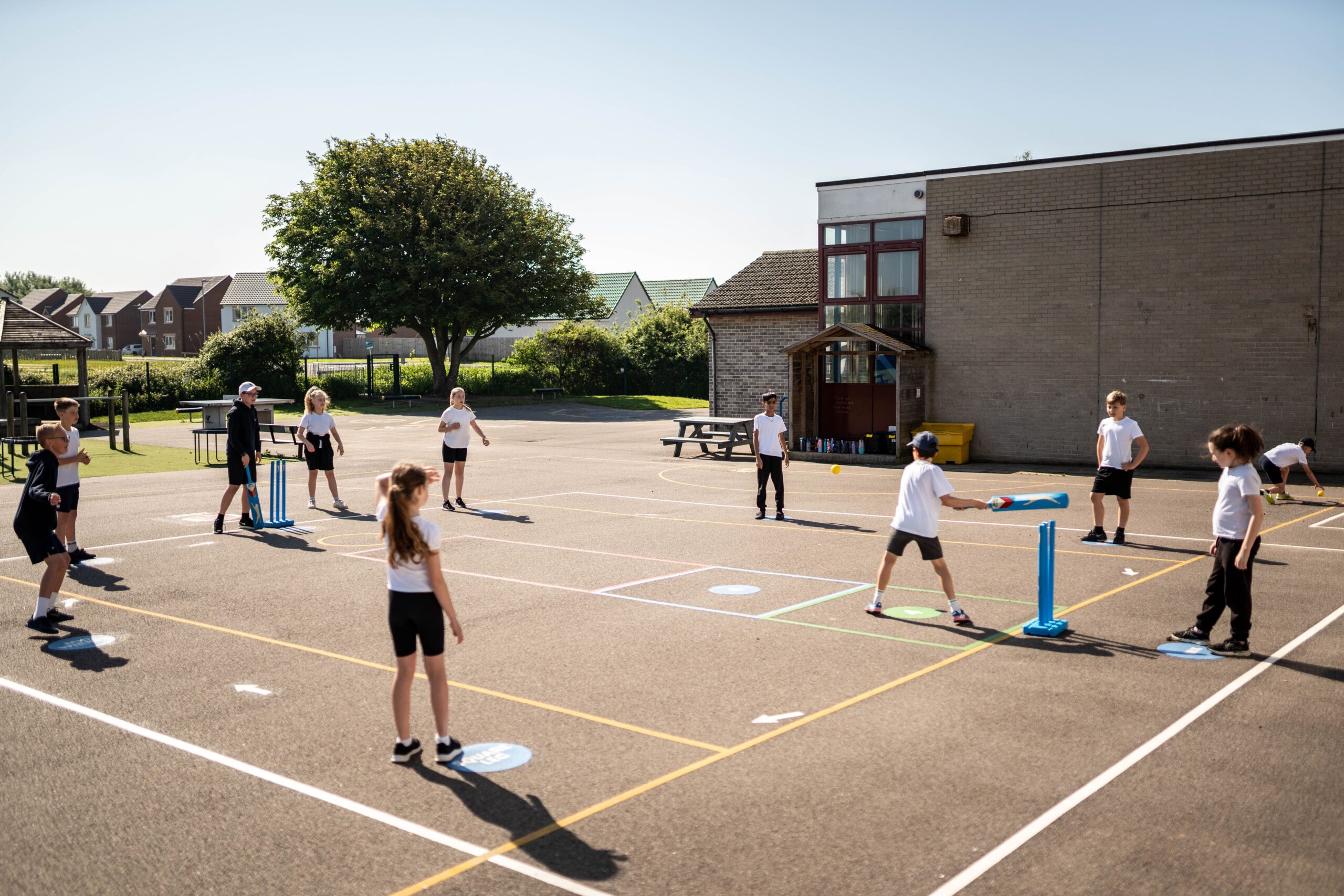 Boosting School Attendance Through Sports: A Vital Approach to Child Development
Boosting School Attendance Through Sports: A Vital Approach to Child Development
In light of the recent report by the Centre for Social Justice (CSJ), it’s become increasingly clear that the presence of sport and physical activities in schools is not merely a bonus but a necessity. The report, highlighting the worrisome trend of persistent absenteeism in schools across England, calls for immediate action to tackle this growing issue. With more than one in five children in England being persistently absent from school, the need for an engaging curriculum and supportive school environment is more crucial than ever.
The Alarming Rise of School Absences
Before the Covid pandemic, the rate of persistent absenteeism – defined as missing 10% or more of school days – was just over one in ten. Fast forward to the 2022-23 academic year, and this figure has alarmingly doubled, with 22.3% of pupils in England falling into this category. This is not just a statistic; it’s a red flag signalling the need for systemic change.
The Importance of Physical Activity in Education
Physical activity plays a pivotal role in engaging students with their education. The CSJ’s report doesn’t just highlight the problem but also proposes a proactive solution: introducing a “right to sport”. This right would ensure that every child has access to at least five hours of extracurricular activities per week, fostering a more inclusive and engaging school environment.
“The Happy Healthy School” – A Testament to the Power of Physical Activity
In my book, “The Happy Healthy School”, I delve into the importance of PE, sport, and physical activity in nurturing the overall well-being and academic prowess of children. The book stands as a testament to the belief echoed by the CSJ’s report: physical activity is not just a means to improve health but a cornerstone of a holistic educational experience.
The Broader Implications of Absenteeism
The repercussions of absenteeism extend beyond the individual. As noted by Ofsted’s new chief inspector, Sir Martyn Oliver, regular absence disrupts not only the learning of the absent student but also the educational experience of their peers. It’s a domino effect that undermines the collective learning environment, making the role of the teacher ever more challenging.
A Multi-Faceted Approach to Attendance
The CSJ’s report wisely calls for a multi-faceted approach to address the attendance crisis. Alongside promoting physical activity, it underscores the necessity for mental health support in every school and the expansion of government-funded mentoring projects. Fines for poor attendance, the report argues, are not the solution. Instead, we should focus on constructive engagement with parents and the provision of supportive services to families.
Conclusion: A Call to Action
The CSJ’s report and the insights from “The Happy Healthy School” converge on a critical point: fostering an environment that values physical activity and mental well-being is paramount in addressing the attendance crisis. As we move forward, it’s essential for schools, policymakers, and communities to collaborate, ensuring that every child not only attends school but thrives within it.
For more insights into the transformative power of PE, sport, and physical activity in schools, explore “The Happy Healthy School” available here.
Read the full BBC article here. https://www.bbc.co.uk/news/education-67893387



